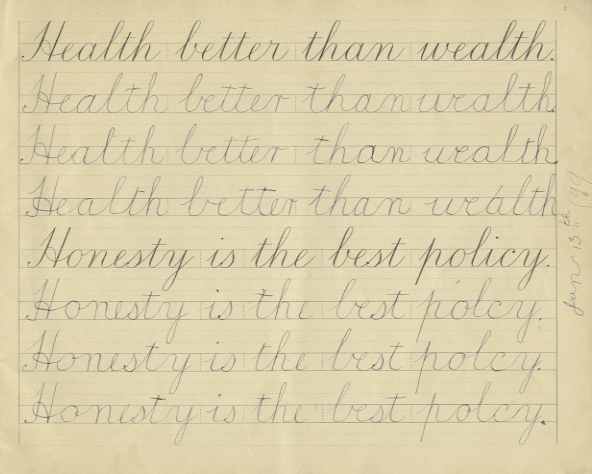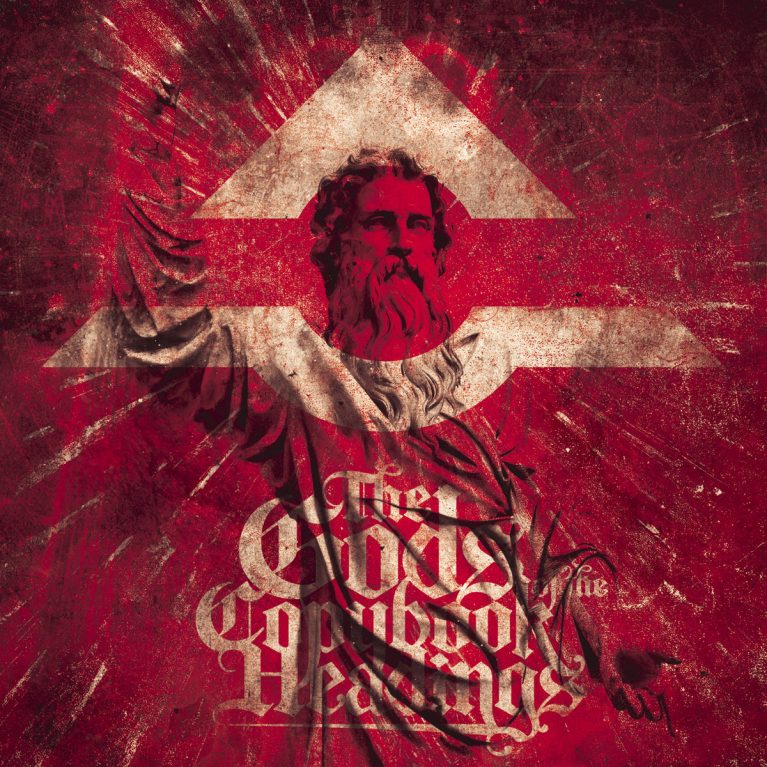I first became introduced to Ranges when C. J. Blessum asked me to review their song “Night & Day” [link to review]. Emails back and forward led to C. J. and I becoming friends, which in turn led me to invite C. J. to become a regular contributor to this site [link to some of his reviews].
Does that mean my reviewing of the new Ranges album is a conflict of interest? Well… yes. Plus, I actually feature on the first track, so I’m extra biased.
But then again, no review is completely objective. So I will write down my thoughts on this album, and you can decide if my opinion is worth trusting.
I recently realised that Ranges are a concept band. Every musical release has a theme (including the signs of the zodiac, teachings of Dietrich Bonhoeffer, the 24 hour cycle, and a Paul Harvey radio monologue). Initially most songs were entirely instrumental, with only song and album titles suggesting what each song was about, but following on from the recent standalone single”If I Were The Devil“, Ranges have begun to use samples of spoken word and prose in their music.
This most recent album uses Rudyard Kipling’s 1919 poem The Gods of the Copybook Headings as inspiration, with the first song introducing the poem, and the following ten songs written about each respective stanza of the poem.
Copybooks were used in schoolrooms early last century, to help students practice their handwriting. They were lined pages, blank save for idioms and proverbs neatly written on the headings, as examples of ideal penmanship. This is a foreign concept these days, with most children more adept controlling a computer or tablet than a pencil. I distinctly remember “writing lines” being a punishment at school (like seen in the opening scene of each Simpsons episode). But back in the day, handwriting was valued, and repeating phrases of wisdom was the way in which it was learnt.
One can imagine how these phrases would become ingrained in the mind of the student, written and re-written countless times as they improve their handwriting abilities. Biblical verses, adages, and common Victorian sayings learnt through rote writing. Kipling used these as the basis for his poem – a discussion on how traditionally valued wisdoms were being ignored with detrimental effect to society.

Image: http://www.barnes113.karoo.net/History/copy_books.htm
We are introduced to this poem by the titular opening track, read by a number of individuals (including yours truly. Does my New Zealand accent stand out?) The music is eerie and atmospheric, and the spoken word is slightly altered and decayed, as if lost in time.
This seamlessly transitions into “The Gods of the Market Place”, at first with dominant reverberating guitars and crashing drums, followed by soft piano echoing after a few measures. Closing track “With Terror and Slaughter Return” mirrors the sing, effectively bookending the album, almost making it into a loop like they did with a previous release, “Night & Day”.
The post-rock dynamics of building and transitioning from soft to searing continues through the album. Not to say that it gets tired, but the tracks tend to blend together. Overdriven guitars soar, and then drop back to gentle swells and slight picking. The piano provides light atmospheric pads, and articulate twinkling mantras. Restrained drums grow more bolder washy cymbals fill in the soundscape. It’s what to expect if you are at all familiar with Ranges – soothing one moment, and crushing the next.

Ranges embody the DIY ethic. They write, record, produce and distribute music themselves, being lucky enough to have a recording studio and printing company run by members of the band. They are also very supportive of others in the local music scene and indie music worldwide. I would love to see them play live in their hometown, but alas, I live on the other side of the world. I would also love to pour over a physical copy of their album art and liner notes. Having seen other material put out by their printing company (A Thousand Arms), I can assure you that the attention to detail will be stunning.
 One of the idioms the Kipling employees in his poem is “If you don’t work you die.” If this is the case, then Ranges need not fear death. They’ve averaged three releases a year since their conception, all self made, recorded, printed, etc… And not only is their music powerful and vast, but conceptually thought provoking if you chose to engage with it. All is not gold that glitters, but trust me when I say that this album is gold.
One of the idioms the Kipling employees in his poem is “If you don’t work you die.” If this is the case, then Ranges need not fear death. They’ve averaged three releases a year since their conception, all self made, recorded, printed, etc… And not only is their music powerful and vast, but conceptually thought provoking if you chose to engage with it. All is not gold that glitters, but trust me when I say that this album is gold.
Ranges:
Twitter and Instagram handle: @rangesmusic
Joseph James

